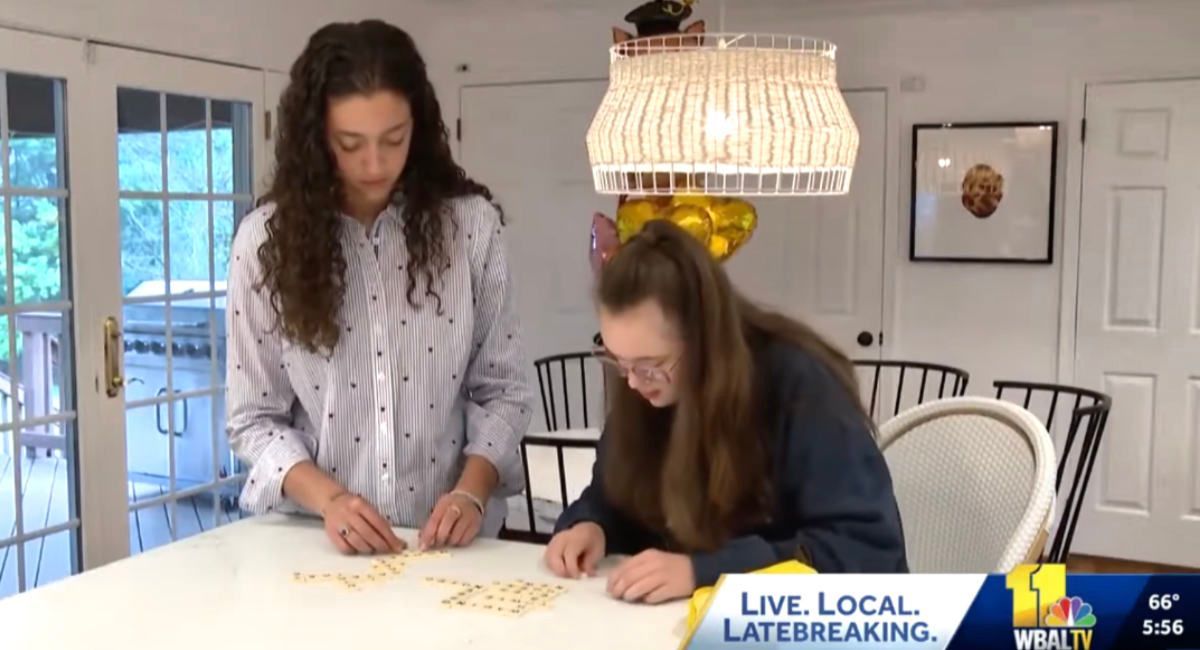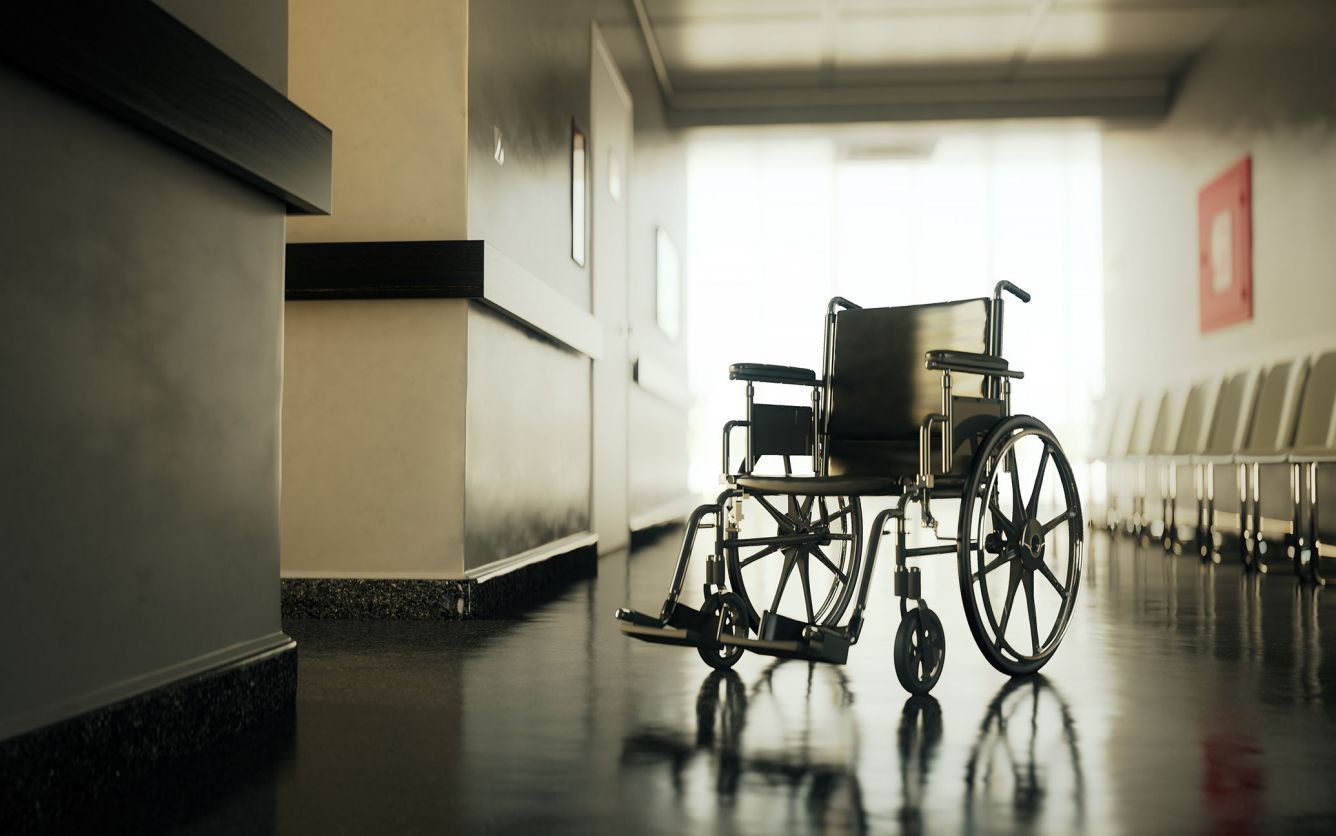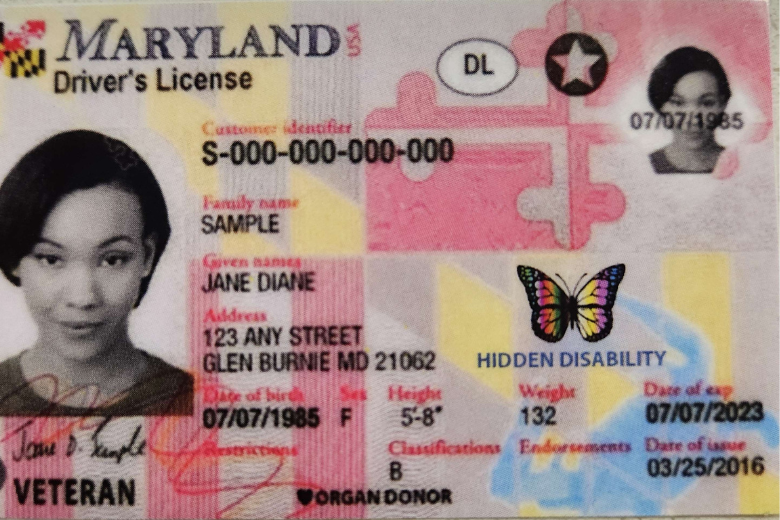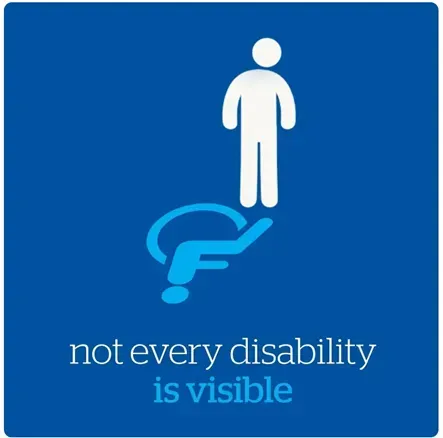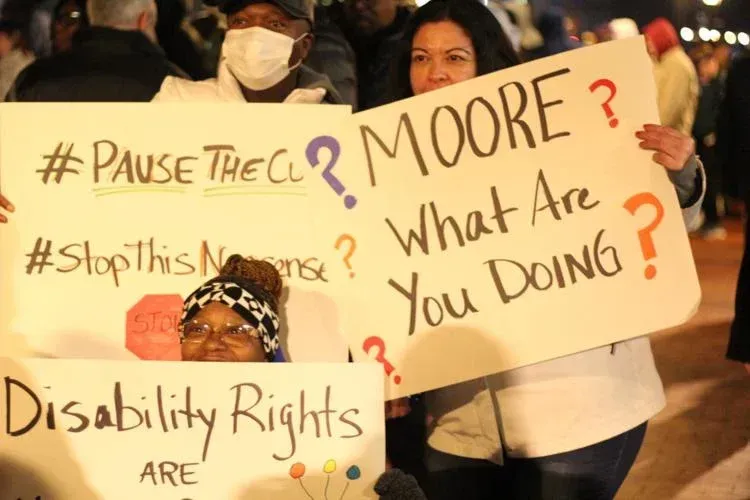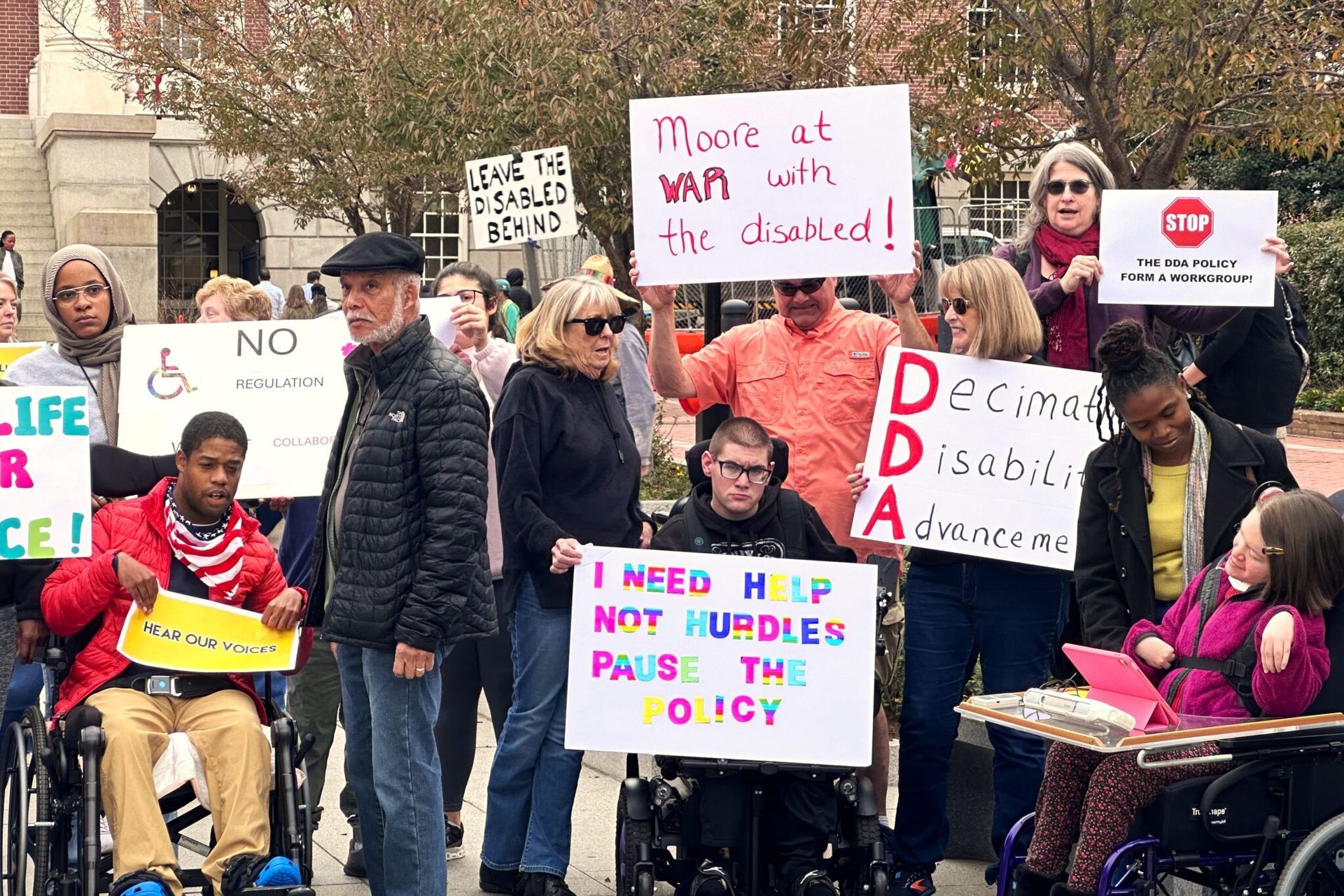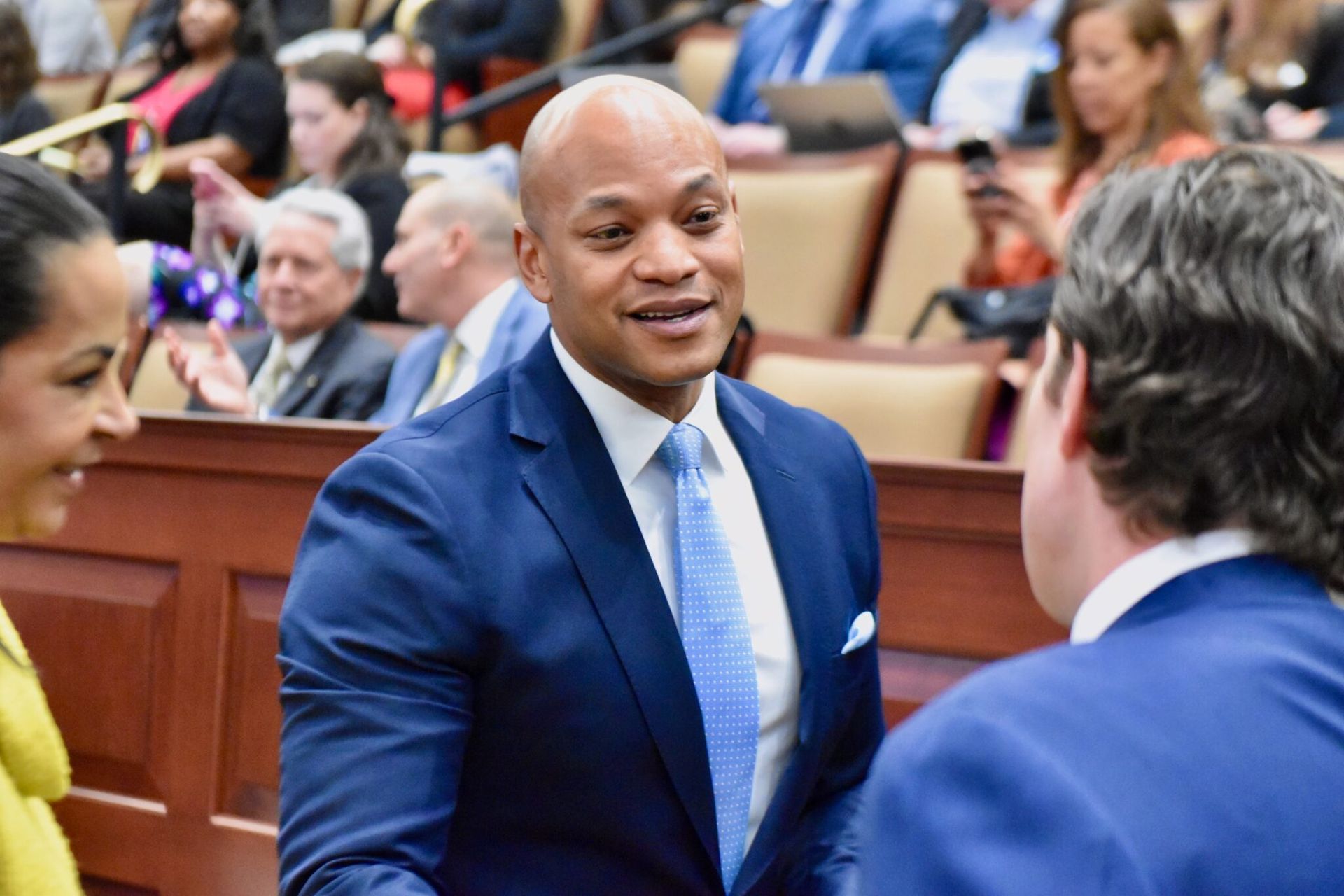People With IDD Are Helping Providers Improve The Vaccination Experience
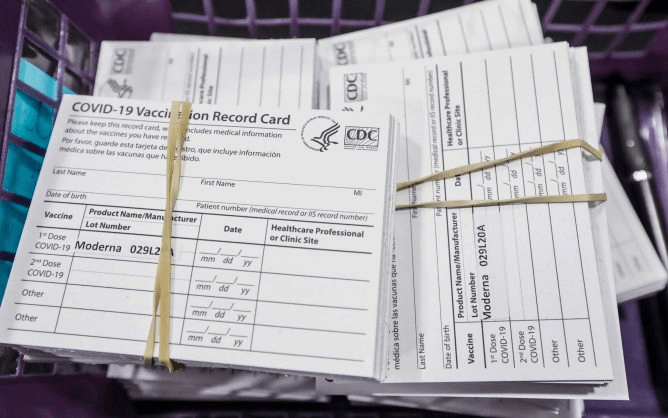
PHILADELPHIA — When Natasha Black learned that she was eligible to get a COVID-19 vaccine, she said she was excited — and hopeful that daily life might finally get back to normal.
Black, a member of a self-advocacy group for people with intellectual disabilities, had spent the year away from family, friends and work. Isolated in her group home in the Pennsylvania suburbs, she missed being able to take walks, chat with neighbors, play a game of pickup soccer.
“I was staying at home every day — we couldn’t do nothing,” said Black, who knew she needed to be especially careful not to get coronavirus. “I was worried. I was bored. I had some hard times,” she said.
People with intellectual disabilities are at much higher risk of contracting COVID-19 than the general population, but most were not recommended for higher priority for vaccination by the Centers for Disease Control and Prevention. (Some states did prioritize people with intellectual disabilities, and advocates campaigned for higher prioritization in others.)
A study published in March by Thomas Jefferson University researchers that looked at more than 64 million patients found that having an intellectual disability was the “strongest independent risk factor” for contracting COVID-19.
People with intellectual disabilities were also more likely to die from the virus. Old age was the only risk factor more connected with death from COVID-19, the study found. What’s more, people with intellectual disabilities who were hospitalized with the virus were six times more likely to die.
There are a few reasons why intellectual disabilities can make people more vulnerable, said Wendy Ross, a physician, director of Jefferson Health’s Center for Autism and Neurodiversity, and one of the study’s authors.
But people living in communal settings like skilled nursing facilities, or suffering from other high-risk health issues are not the only members of the intellectual disability community at higher risk of the virus, she said, since the study also controlled for people in those categories.
Some people with intellectual disability have sensory issues that make it harder to wear masks for long periods of time, Ross said. Others who live at home may have therapists and other support staff stopping by, which may expose them to the virus. Many are more likely to use public transportation to get around, another route of exposure.
But whatever the reasons behind the heightened risk, Ross said, the study showed it was imperative to vaccinate people with intellectual disabilities.
After she and other advocates pushed for their patients to be prioritized for vaccination, Philadelphia health officials began to do so in March.
But achieving vaccine prioritization was just one part of the fight. The next was making it easier for people like Black and the members of her self-advocacy group to access the vaccine.
“(People with intellectual disabilities) tend to be less hesitant — they know they’re at risk. They didn’t need a study to know they were at risk. They live it every day,” said Ross. “But our goal is not really to convince people to get vaccinated. Our goal is to make it as accessible and as easy as possible.”
Ross and other Jefferson physicians met with self-advocates like Black, whose group is run by Carousel Connections, a Philadelphia-area training and support program for people with disabilities. In focus groups, Black and others spoke about how to make the vaccination experience easier.
“Headphones — that’s one of my calming tools,” Black said. Others requested sunglasses to help deal with light sensitivity, fidget devices to distract them, or shot blocker discs — devices sometimes used to lessen the pain of injections. Ross and her colleagues also recommended that vaccinators spend a bit more time with patients with intellectual disabilities.
“The advice (focus group members) gave was advice everyone could benefit from,” Ross said. “What you see, underlying, is, ‘Just be nice to me, and be positive and encouraging. Distract me — ask if I have a favorite song. Tell me I’m doing a good job.’ Who doesn’t benefit from all these things?”
Members of Carousel Connections’ self-advocacy group who had already been vaccinated said they were looking forward to returning to some kind of normalcy.
“(When I heard about the vaccine), I was ready to go get it. I can’t wait to hang out with people,” said Gerard Hasson, who works in maintenance and landscaping at a school in the suburbs. His advice for getting the shot? “Don’t be nervous.”
The group, led by Carousel Connections program director Amy McCann, discussed their worries about contracting the virus, how they might get the vaccine, and what to expect when their turn did come.
“Not knowing when they could get it was really hard,” McCann said. “We talked about why hospital workers went first, and about waiting our turn — and with Dr. Ross we really helped to advocate why our community was in need of it, too.”
Owen Ahearn-Browning, another self-advocacy group member, said he’s still nervous about contracting the virus, even after his vaccine. “I wear a mask, I wash my hands, I stay my distance,” he said. “I’m still scared of the virus.” He said talking with family members about how he feels has helped. So has looking forward to everything he can do now that he’s vaccinated.
Black, who worked three jobs before the pandemic, found herself at home all day as pandemic lockdowns began. It was an abrupt, and sometimes rocky, adjustment. But she was able to get vaccinated at her group home recently.
“I’m looking forward to being with my family — and not just with my family. I can’t wait to go to work when this whole thing is over,” she said.
Ross said Jefferson physicians are working to vaccinate people with intellectual disabilities inside and outside their health network — essentially anyone who reaches out for an appointment — as well as their caregivers, and implementing the recommendations from the focus groups.
They’re also advising larger vaccination sites that are geared toward the general public, so that they can better accommodate neurodiverse individuals.
“What we’d like to see for them is that all of them have some training or education,” she said. “Maybe the first hours of the day can be reserved for this population, or be scheduled slower. They don’t have to change everything, but we do feel strongly that everyone should have some background on this population.”
© 2021 The Philadelphia Inquirer
Distributed by Tribune Content Agency, LLC

